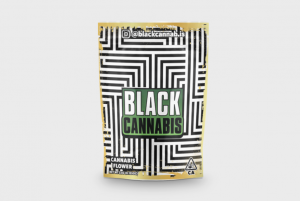While the House, Senate, and gubernatorial races dominated the headlines surrounding the 2022 mid-term elections, there were also several ballot initiatives across the country whose results will substantially impact the lives of citizens in their respective states.
Ballot initiatives, or referendums, are proposals put on the election ballots for voters to answer directly in the affirmative or the negative. Ballot initiatives are a means of getting popular issues before the voters that might not otherwise obtain through the state legislature. Typically, ballot initiatives are placed on the ballot once they have generated a significant number of signatures indicating a strong interest among the electorate and as required by state law.
This election cycle, two issues, in particular, found their way onto ballots across the country: Abortion and recreational cannabis.
Abortion
In Michigan, California, and Vermont, voters approved referendums that would amend each state’s constitution to protect the right to an abortion and individual reproductive freedoms, such as the right to use contraception. This was of particular significance in Michigan, where a decades-old anti-abortion law on the books is currently unenforced.
Conversely, voters rejected a referendum in Kentucky that would have amended the state’s constitution to say that the state does not protect the right to abortion or its funding. Similarly, in Montana, voters rejected a referendum to impose criminal penalties on those performing abortions.
Across the board, abortion and reproductive rights proponents were victorious, demonstrating that support for such rights crosses party lines.
Cannabis
There were five states with recreational cannabis referendums on the ballot: Maryland, Missouri, North Dakota, South Dakota, and Arkansas. Each state currently has laws that make medicinal marijuana available to adult residents.
In Maryland, the legalization of recreational cannabis passed with 61% of the total vote. In Missouri, legalization passed with 53% of the total vote. In both states, nonviolent marijuana convictions will be expunged, and individuals incarcerated for nonviolent marijuana-related crimes will be released or may apply for re-sentencing.
In South Dakota, 53% of the total voters rejected the legalization of recreational cannabis. In 2020, South Dakota passed a referendum that allowed legalized cannabis, but it was overturned by the courts on procedural grounds and never enforced. In North Dakota, 55% of the total voters rejected the legalization of recreational cannabis, and 56% did the same in Arkansas.
As of now, there are twenty-one states and the District of Columbia that have legalized recreational cannabis. There will likely be more to come.







